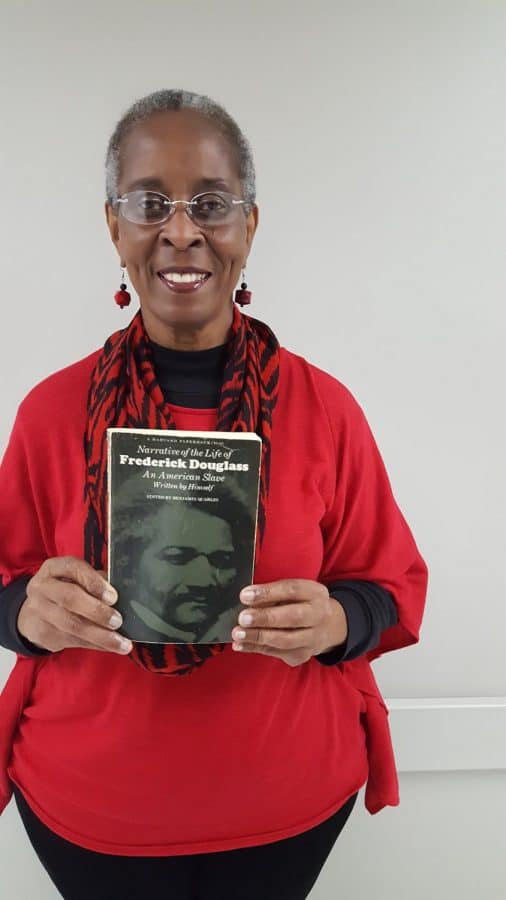UA English professor finds a new way to give back during quarantine
June 15, 2020
As the nation grappled with stay-at-home orders, many people were left to adjust to working remotely and canceling plans. For one UA English professor, quarantine inspired a new plan to give back.
Trudier Harris, a university distinguished research professor, decided that she wanted to put her free time to good use. With the support of UA’s Black Faculty and Staff Association, Harris created a free online writing and analytical skills course for graduating high school seniors to take over the summer.
“As a college professor, I have encountered too many young people who arrive at college unable to write at the level that college professors expect them to write and who are not accustomed to thinking through and analyzing things,” she explained. “So, in a small way, this is my small effort at community outreach and assisting a few students in that process and that development.”
Harris said students have to realize that writing is not a gift for the select few.
“Writing is a skill like playing football is a skill,” she said. “Mark Ingram didn’t go out without practices and run for all those yards. He went out every day and practiced, practiced, practiced.”
According to the course’s flyer, students will read and discuss assigned literary works twice a week in addition to producing a two- to three-page paper each week. While honing their writing and analytical skills, they will also be learning about the tradition, history and development of African American literature.
“I’m interested in giving the students an opportunity to see how African American literature has developed over centuries,” Harris said.
The course will begin with the earliest known work of literature written by an African American writer in 1746, Lucy Terry’s “Bars Fight.” Later, it will move into analyzing authors like Phillis Wheatley.
“You want to give them a sense of okay, this is what enslaved people are writing, this is what slave narratives look like,” she said.
The course will “leapfrog a little bit” through time, showcasing how slave narratives shaped African American literature and what impact they had on Black creativity. Harris would then make her way into the twentieth century to discuss dialect tradition and the Black arts movement.
She said she is particularly looking forward to teaching Richard Wright’s “Long Black Song,” a short story included in Wright’s first published collection of novellas “Uncle Tom’s Children.” Harris explained that the story would enable the students to think about gender roles, the implications of race, Jim Crow laws and African American history.
“I think the dynamic of interacting with young minds and challenging those young minds and encouraging them to challenge me is the kind of thing we hope for in the learning process. I inspire them hopefully, and they’ll inspire me as well,” she said. “It’s going to be fun.”
Chad Jackson, the president-elect of the Black Faculty and Staff Association, said they were proud to have members like Dr. Harris.
“[They] represent academia well and represent our efforts to reach the community and actually help us bring our mission statement to life, to fruition, so we are proud to have her,” Jackson said. “We are proud to have this project on our platform and anything that we can do for her or any other students we would be more than happy to exercise our resources to assist.”








